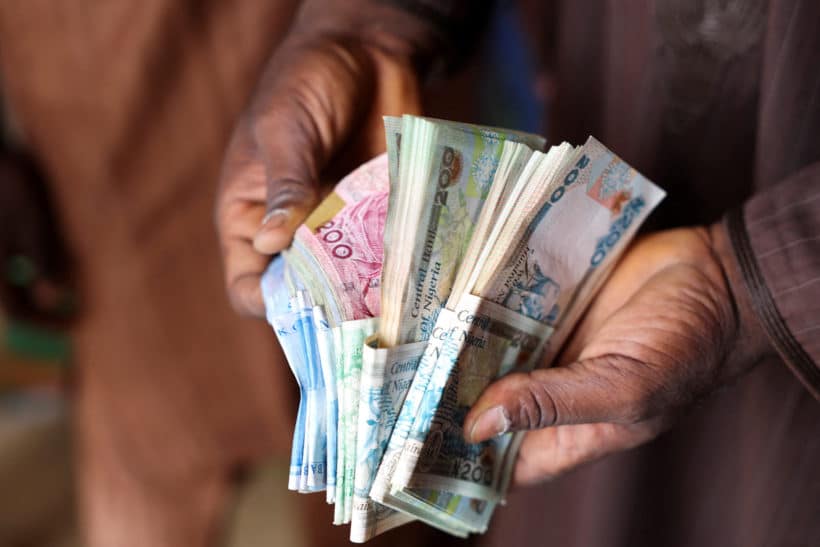
In a recent interview with CNBC Africa, Dr. Robert Ochola, CEO of AfricaNenda, discussed the challenges and opportunities for expanding Africa’s digital payments systems to promote financial inclusion. While progress has been made in reducing the number of financially excluded individuals, Dr. Ochola emphasized the need to accelerate efforts to onboard the remaining 350 million people.
Digital public infrastructure, comprising data, payments, and digital ID systems, is a critical component of Africa’s financial inclusion agenda, according to Dr. Ochola. By using open-source technology, African countries can build cost-effective payment systems, as demonstrated by Brazil’s success with its PICS system. However, the infrastructure required for these systems is still expensive, and alternative models, such as partnerships and data embassies, may be necessary.
Addressing the gender gap in access to financial products is another crucial aspect of expanding Africa’s digital payments systems. Dr. Ochola highlighted that 60% of the 400 million financially excluded Africans are women. To bridge this gap, solutions need to be designed with a gender lens, considering factors like onboarding, product design, and accessibility. Collecting and disaggregating data on transactions and usage by women is also essential for data-driven policy decisions.
Creating an enabling environment for the uptake and rollout of digital public infrastructure strategies requires several key actions, according to Dr. Ochola. First, there is a need for harmonization of policies at a pan-African level, which can then be implemented at regional and national levels. Second, partnerships and cost-effective infrastructure models are essential to reduce the expenses associated with building and maintaining necessary infrastructure. Finally, there is a need for upskilling developers and system integrators to harness Africa’s expertise in programming and technology development.
Ensuring the safety and security of digital payments is paramount to build confidence among users. Dr. Ochola mentioned that African Enda, in collaboration with partners, is piloting various solutions, including fraud management systems. The goal is to provide cost-effective tools to fintechs and create a local ecosystem that can serve customers affordably. By addressing concerns around cybersecurity and integrity, more individuals who are currently excluded due to cost constraints can be brought into the digital payments space.
Expanding Africa’s digital payments systems to promote financial inclusion requires focusing on onboarding the financially excluded, leveraging digital public infrastructure, addressing the gender gap, creating an enabling environment, and ensuring the safety and security of digital payments. By taking these steps, Africa can scale up the adoption of financial payment systems and drive economic growth and development across the region.